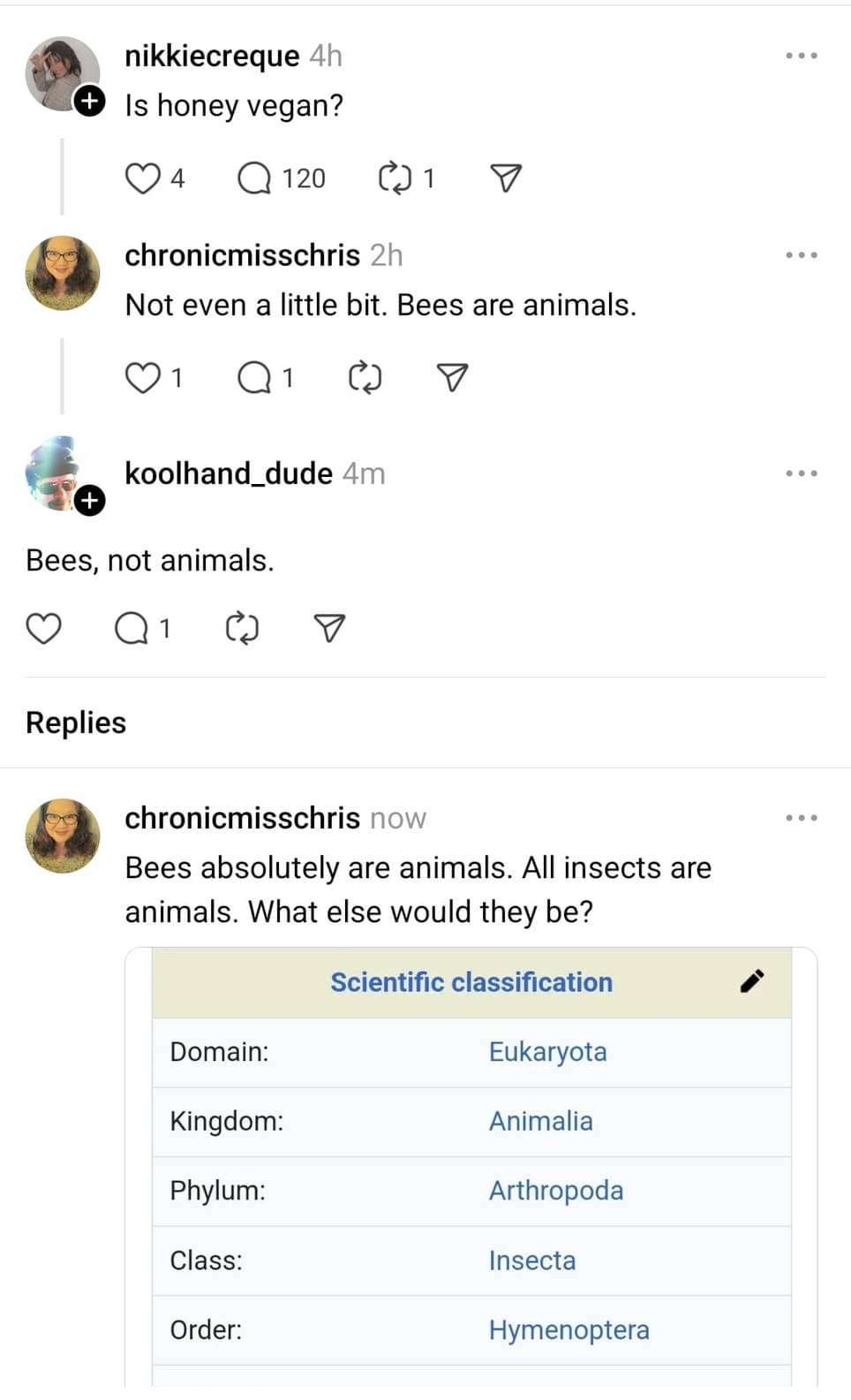this post was submitted on 19 Oct 2024
695 points (97.8% liked)
Science Memes
11021 readers
4457 users here now
Welcome to c/science_memes @ Mander.xyz!
A place for majestic STEMLORD peacocking, as well as memes about the realities of working in a lab.

Rules
- Don't throw mud. Behave like an intellectual and remember the human.
- Keep it rooted (on topic).
- No spam.
- Infographics welcome, get schooled.
This is a science community. We use the Dawkins definition of meme.
Research Committee
Other Mander Communities
Science and Research
Biology and Life Sciences
- !abiogenesis@mander.xyz
- !animal-behavior@mander.xyz
- !anthropology@mander.xyz
- !arachnology@mander.xyz
- !balconygardening@slrpnk.net
- !biodiversity@mander.xyz
- !biology@mander.xyz
- !biophysics@mander.xyz
- !botany@mander.xyz
- !ecology@mander.xyz
- !entomology@mander.xyz
- !fermentation@mander.xyz
- !herpetology@mander.xyz
- !houseplants@mander.xyz
- !medicine@mander.xyz
- !microscopy@mander.xyz
- !mycology@mander.xyz
- !nudibranchs@mander.xyz
- !nutrition@mander.xyz
- !palaeoecology@mander.xyz
- !palaeontology@mander.xyz
- !photosynthesis@mander.xyz
- !plantid@mander.xyz
- !plants@mander.xyz
- !reptiles and amphibians@mander.xyz
Physical Sciences
- !astronomy@mander.xyz
- !chemistry@mander.xyz
- !earthscience@mander.xyz
- !geography@mander.xyz
- !geospatial@mander.xyz
- !nuclear@mander.xyz
- !physics@mander.xyz
- !quantum-computing@mander.xyz
- !spectroscopy@mander.xyz
Humanities and Social Sciences
Practical and Applied Sciences
- !exercise-and sports-science@mander.xyz
- !gardening@mander.xyz
- !self sufficiency@mander.xyz
- !soilscience@slrpnk.net
- !terrariums@mander.xyz
- !timelapse@mander.xyz
Memes
Miscellaneous
founded 2 years ago
MODERATORS
you are viewing a single comment's thread
view the rest of the comments
view the rest of the comments

Hm? What do you mean?
From this paper:
This is a genuine question btw.
I read an article on this a while back that made me refrain from actually getting bees. I can’t find it right now, but the gist is that domesticated honeybees will compete with a lot of other pollinators (mainly solitary bees) over the exact same food sources.
However, the honeybees have a gigantic advantage in being supervised, housed and generally looked after by the apiary. Which will also employ methods to stimulate hive-growth, driving the hives demand for food.
That is something a solitary bee - or another pollinator depending on the same nutrition - cannot compete with, driving them away.
So, in a nutshell: adding bees to a place already rich in honeybees? Whatever. Adding honeybees into a local ecosystem not having them rn? That will drastically lower biodiversity
I'm no biologist, but as for why they're bad for other pollinators, yeah, what @frosch@sh.itjust.works said sums it up quite well.
I'd like to add that, to my understanding, they're actually relatively ineffective pollinators, too. They might do the highest quantity in total, but I'm guessing primarily because of how many honeybees there are.
I believe, the paper you linked also observes this, at least they mention in the abstract:
...but I don't understand the data. 🫠
As for why this is the case, for one, honeybees are extremely effective at collecting pollen, with their little leg pockets, which reduces the amount of pollen a flower has to offer.
But particularly when they're introduced into foreign ecosystems, pollinators that are specialized for local plants get displaced.
This may mean just a reduction of pollination effectiveness, or it could mean that the honeybees turn into "pollen thieves", i.e. they collect pollen without pollinating the plant.
Here's a paper, which unfortunately no one may read, but the abstract describes such a case quite well: https://pubmed.ncbi.nlm.nih.gov/20583711/